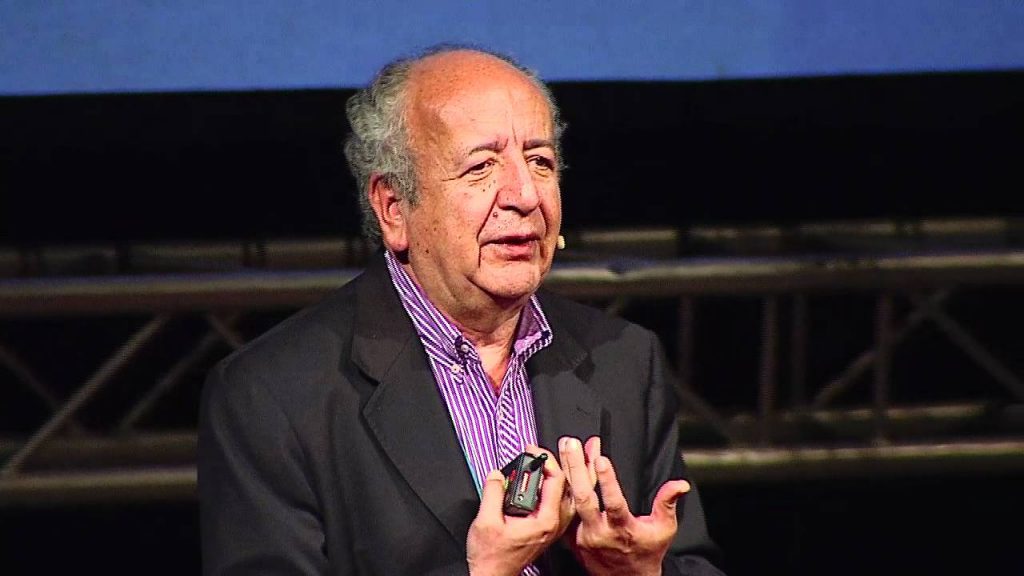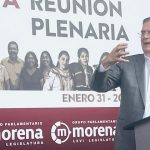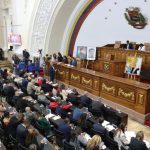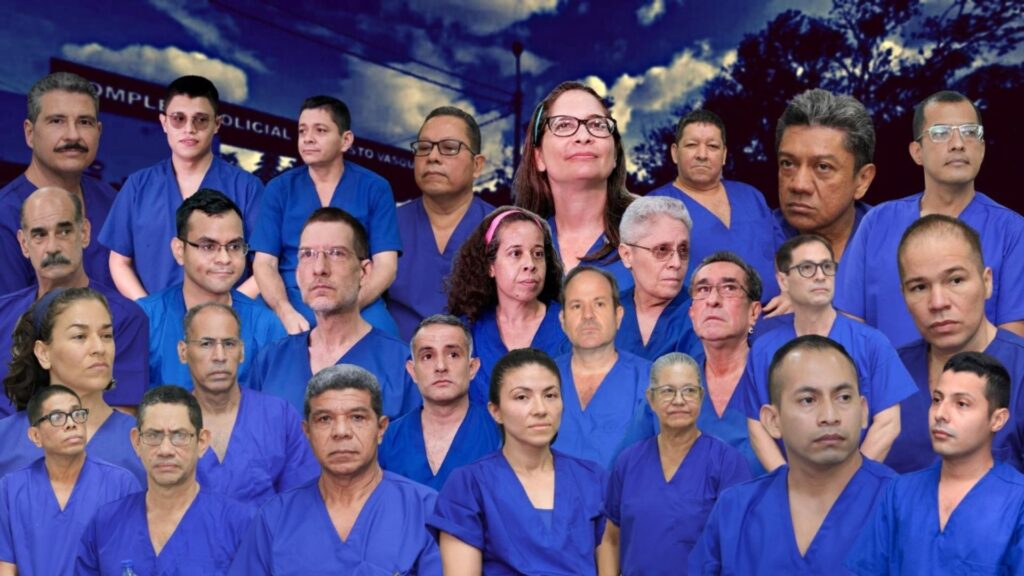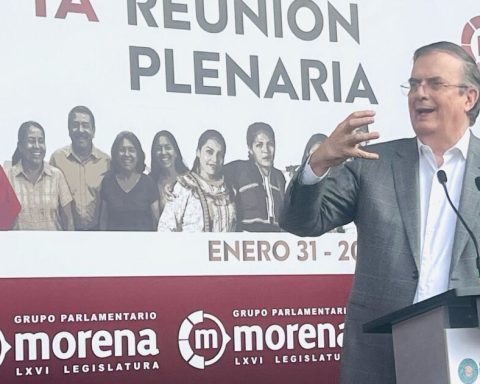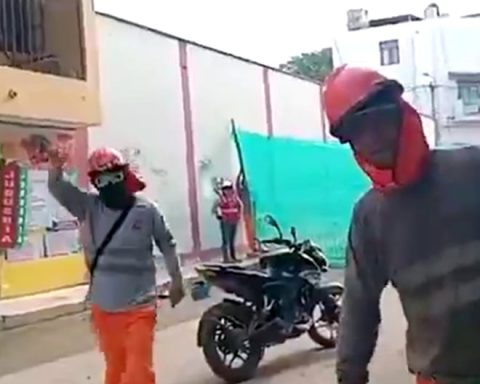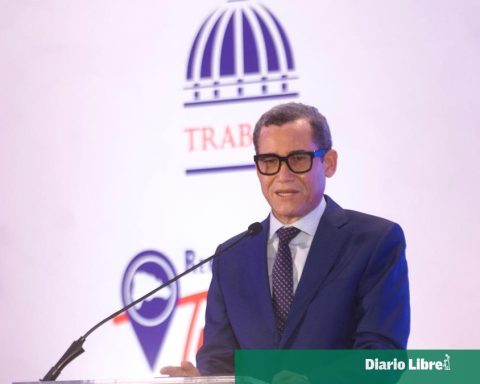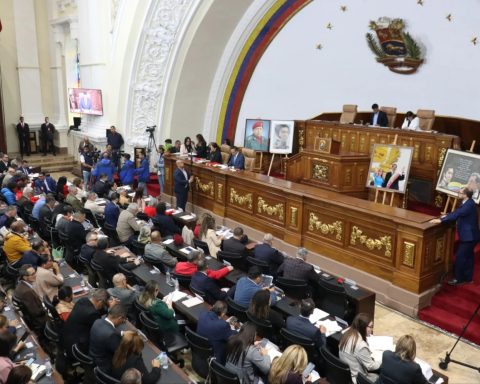The Latin American physicist, philosopher and thinker Bernardo Toro, along with Alberto Acosta Garbarino, moderated by Yan Speranza; He participated in the conversation called “Threatened Democracy”, organized by Plaza Pública – Desarrollo en Democracia (Dende), a space during which he maintained that before affirming that democracy is threatened, he has the current challenge of answering two questions: how to live with dignity and how to take care of the planet. Therefore, the institutions or politics itself must adapt their speeches and actions to provide citizens with the right to a more dignified life and offer solutions to avoid a climate crisis.
They also pointed out that the collective good requires human beings to think less in terms of nations or parties and rather to face the vision of the human species, as happened in the pandemic.
Latin America since the 70s had to face situations related to dictatorships and tyrannies, for which it had to carry out a constitutional revolution, passing after 200 years of the Napoleonic model (in which the citizen was at the service of the State) to Constitutions based on a State Social Right (the State at the service of citizens). However, currently the liberal model parties are not offering new discourses, explained Bernardo Toro during the Dende space, while pointing out that this generates a proliferation of new political architectures, basically led by women, young university students and by different ethnic groups and cultures claiming their rights.
This new political architecture does not resemble the conventional forms that we know through the traditional parties. “These are new ways of exercising law and for many this could be a crisis, because Latin America has a long history in which there have only been duties and no rights,” he said.
Talking about a democratic crisis is very difficult, because there is no ideal model of democracy that we can copy or imitate, which is why Toro compared it to the fact that one cannot talk about a crisis of love, because there is no model of love. “The same happens with the towns, to the extent that people understand the order in which they want to live, multiple new orders will be generated, where they all have a common characteristic: avoid tyranny and live with dignity. People want to live well, they no longer believe in great political promises, young people are looking for messages that give meaning to life », he pointed out.
When asked if there is a disbelief regarding democracy, Toro affirms that what people have done is understand that they were not living well, therefore they are creating conditions of what to do to live better. In addition, political speeches through communication have made people learn more about the good life. As a result of this, people ask themselves questions and organize themselves to demand better conditions, for which they become social actors in the search for a dignified life, to which today young people add the question of how to care for and live at home common that the planet is.
Climate change forces us to think in terms of species. It is not a technical forecast, it is simply a fact.
“We cannot face the climate crisis, the problem of water, hunger, food security speaking for nations and countries. We have to speak as a human species or we learn to do a circular economy or we are not viable, ”said the thinker of Colombian origin, after affirming that we know how to do it, but we do not want to do it because they require very strong changes in behavior.
He also emphasized that the new discourse of democracy must aim to solve the everyday, also setting an example that while politicians offer great works and investments, “they are not taking care of how to guarantee that a family can eat together, or laugh, or cry or travel together and that this requires different policies based on daily life and learning to invest in neighborhood organizations”.
Society itself is what generates its own politicians and today there is fear of facing change, which is why it is about returning to nationalism, patriotism or localism, but this is not possible because changes still happen. “If the societies of Latin America do not understand the problem of the value of the everyday, they will continue generating structural politicians. Many municipalities in Latin America are realizing that it is not the great politician who is going to solve the problem », he explained.
Meanwhile, Alberto Acosta Garbarino stated that the word democracy encompasses a lot and a distinction should be made between the First World War and the Second World War, a period in which there was a period of disputes over models: fascism, communism and liberal democracy. . Then they joined communism with liberalism to defeat fascism. After this, he limited himself, there were two models: communism and capitalism, with liberal democracy.
He added that in 1989, with the fall of communism, there is no longer any talk of class struggle but of other minority demands, and the economic discourse shifts to that of rights and identity. He recalled that when the liberal democratic model was adopted in Latin America there was a promise that it would be based on a better standard of living, which did not happen. To this he added the institutional weaknesses, exemplifying Paraguay, where legislation continues as it did 200 years ago, which is incompatible with today’s interconnected world.
For Acosta Garbarino, although we know the problems of the politicization of education or the use of the structure of the State, the question is how do we ensure that what must be done survives politically. “I see no other way than tiny acts of courage. It’s going to take time, maybe it’s going to have to happen anarchically,” he said.
Finally, Yan Speranza said that the rules we build do not respond to the new realities and needs, where the ethics of care is born. “There is still a gap between what the logic of the current political narrative proposes, of super structure, and of the great social impact versus the daily logic that is being born, it will be the gap that we will have to close, generating conditions so that this really begins. to change,” he said.
